The placebo effect has puzzled scientists for centuries. Philosopher Dien Ho argues that we now know how it works, and that this should transform our understanding of the relationship between mind and body. We must stop thinking of improvements in health due to placebo as somehow less real than those due to other medicines: there can no longer be a clean distinction between ill-health that’s “all in the head” and ill-health that involves a malfunctioning body. Ho argues that our improved understanding of placebos means that doctors should now harness their power in treatment, especially since research shows that they can be effective even when patients are told that they’re taking a placebo.
1. The therapeutic power of placebos
When healthcare researchers test potential new treatments, they use randomized clinical trials. Since the 1950s, placebos have been crucial parts of these trials. The placebo is made to resemble the treatment being tested, but lacks the experimental ingredients. For the treatment to be deemed efficacious, it must outperform the placebo, which is given to a control group. Otherwise, the treatment’s positive effects may be “mere” placebo effects. Advocates of evidence-based medicine consider double-blind randomized clinical trials with placebo controls as evidence of the highest quality.
___
It is possible to generate placebo effects even if subjects know that they are receiving placebos.
___
While researchers are mindful of placebos’ power to bring forth substantial physiological effects in clinical trials, the use of placebos for therapeutic purposes remains a fringe idea in medicine. The reasons are complex. Placebo effects carry the stigma of being “not real,” folks who respond to them are seen as gullible, and the apparent need for deception in providing placebo treatments raises formidable ethical concerns. Yet, recent studies by researchers like Ted Kaptchuk, John Kelley, and Cláudia Carvalho show that deception may not be necessary after all: it is possible to generate placebo effects even if subjects know that they are receiving placebos. Known as “open-label placebos,” clinicians might be able to harness their therapeutic benefits without eroding patients’ trust. Importantly, a few studies have shown that subjects taking open-label placebos often don’t believe in their effectiveness. The fact that they experience placebo effects nonetheless suggests that going through the healing rituals alone (e.g., swallowing a pill, seeing a physician, and so on) can elicit these benefits.
2. How placebos work
One of the most salient and well-researched areas of placebo effects is the use of placebos as a painkiller (placebogenic analgesia). As early as 1978, researchers discovered that naloxone—an opioid antagonist—can block the painkilling effect of placebos. In one double-blind study, subjects were randomly given morphine, saline, or naloxone after having a wisdom tooth removed. Although those who received saline (a placebo) reported less pain, subjects who had naloxone experienced no change in their pain level. A 1999 study by Martina Amanzio and Fabrizio Benedetti further confirms the theory that the painkilling effects of placebos stem from the brain producing and releasing opioids. The introduction of naloxone seems to block the analgesic effect of these endogenous opioids.
To understand the relationship between our brain and placebo responses, it might be helpful to take a broader look at why we have unpleasant and painful experiences in the first place. From an evolutionary point of view, noxious responses such as pain are critical signals that our body sends to us and those around us that we have been injured. The pain tells us that we need to seek care to address the trauma. Of course, the timing and the magnitude of the signals are critical for our survival: being immobilized by pain while a threat remains is a surefire way to ensure the end of one’s genetic legacy. Noxious signals should ideally emerge when the danger is no longer immediate and they should disappear as soon as we begin to address the injury. In this respect, pain ought to be sensitive to the environment.
The idea that one’s mindset and context can affect the magnitude of pain is hardly novel. Henry K. Beecher learned, while serving in the US Army during the Second World War, that injured soldiers often required less analgesics than hospital patients recovering from minor surgeries. He speculated that for many of the soldiers, being injured was a ticket out of the war zone and this reconceptualization of the injuries changed their pain reactions.
Patients’ mindsets and their past pain experiences can also affect how much pain they experience after surgeries. In a remarkable study, Miles Laundry’s team tested the effect of Cognitive Behavioral Therapy (CBT) that addressed patients’ underlying neuro-cognitive and emotional states before hernia operations. For patients who had CBT, 100% of them were discharged on an outpatient basis after the surgery. For the non-CBT patients, only 52% were similarly discharged. One of the study’s researchers has since incorporated pre-operative CBT as a standard preparation for his surgical patients.
___
The practice of healing rituals, ubiquitous in most cultures, serves as a powerful cue to convince our body that we are being cared for.
___
The painkilling effects of placebos likewise depend on the context, including the patient’s perception of what is happening to them, their experience with healthcare, their attitude towards their pain, and their expectation of how they will feel. In a typical placebo experiment, a researcher induces pain in a test subject, and then repeatedly applies an analgesic cream that dulls the pain. They then surreptitiously switch to a placebo cream and announce again that it is the same analgesia. The subject’s belief that the researchers would not intentionally lie to them and their experience with the previous analgesic cream help form their expectation that the newly applied cream has similar analgesic power. When pain is induced, their brain has to reconcile conflicting pieces of information: “I should not be experiencing pain yet my nerve endings are still being stimulated.” One way to restore harmony is to release endogenous opioids to turn off the pain signal.
3. The brain seeks consistency and balance
The practice of healing rituals, ubiquitous in most cultures, serves as a powerful cue to convince our body that we are being cared for. The pain is not necessary any longer, so to speak, because we are actively tending to ourselves. The purpose of the pain – to get you to notice that you’re injured and take appropriate action – has been achieved. In response, our central nervous system reacts appropriately, restoring consistency.
This tendency towards consistency appears in other areas of the mind, too. For example, sometimes our perceptions change to fit background beliefs. If I am walking in a place I believe to be heavily populated by snakes, then I’m much more likely to have a perceptual experience of an apparent snake (even if I’m really just looking at, say, a snake-shaped tree branch) than if I’m sitting in my urban apartment. Similarly, in situations where placebos work, our brain releases endogenous opioids, ramps down t-cell production, or reestablishes mobility even if critical fractures remain, in order to achieve consistency.
This picture of conceptual holism explains a number of curious observations in placebo research. Placebo effects are notoriously difficult to elicit consistently. In addition, they tend to appear in certain physiological systems and not others. If placebo effects are indeed the doings of our central nervous system attempting to restore informational consistency, then the presence of prior beliefs, physiological states, and perceptual experiences can all play a role in how our brain irons out the kinks. For something as complex as the practice of healing, a plethora of factors contribute to our bodily reactions, from the perceived trust in one’s healer, the acceptance of the legitimacy of the treatment, to one’s attitude towards being unwell. The complex interplay among these internal states ensures that the restoration of consistency is an extremely complicated matter. Evidence that placebo effects vary across cultures serves as further evidence for the finicky nature of reestablishing physiological harmony.
4. The reality of the placebo effect
Our central nervous system is obviously indispensable in the regulation of balance, or homeostasis; nevertheless, it is not a miracle worker. No amount of placebo can convince our immune system to manufacture the right kind of antibody in anticipation of a novel pathogen. Similarly, we should expect placebos to be ineffective for those suffering from type 1 diabetes; placebos cannot trick our body into creating insulin in absence of a pancreas. The magnitude of placebo responses is also checked by hard physiological limits. Perhaps we can raise our core temperature by a few degrees by convincing our central nervous system that we must rid ourselves of a pathogen. But placebos cannot raise our body temperature high enough to boil water because we simply do not possess the physiological ability to do that.
___
Placebo therapies, without deception, are no different from other expansions of the traditional ambit of clinical medicine.
___
The idea that clinicians can take advantage of patients' placebo responses to produce better health outcomes has already been put into practice. Researchers have long recognized the therapeutic power of empathy and compassion. Medical schools are training their students the techniques that best express empathy. To be sure, we want clinicians not to be empathetic merely to improve patients’ health, we also want them to care because that is what decent human beings would do. Nonetheless, harnessing elements that are typically thought of as "extra-medical" for therapeutic purposes raises few eyebrows. In this sense, it behooves clinicians to be mindful of other extra-medical contributors to health; a lesson that has been well articulated by advocates of the importance of the social drivers of health. Placebo therapies, without deception, are no different from other expansions of the traditional ambit of clinical medicine.
___
Placebo effects are not magic. They are physiological responses produced by our central nervous system in order to restore consistency.
___
For clinicians, the most important focus is to strengthen the therapeutic alliance with their patients: the source of much of the power of positive placebo effects. This can be done by ensuring that patients understand and embrace the treatment plans, and trust their care providers as competent healers who care deeply about them. Seen from this perspective, it becomes obvious that the quantity and quality of time spent together with patients deciding on a proper course of treatment can dramatically impact health outcomes. Similarly, being open-minded about patients’ beliefs about medical care can go a long way to cement a committed therapeutic alliance. The use of complementary and alternative treatments must not be dismissed on the grounds that they fail to meet some epistemic threshold dictated by evidence-based medicine; these modalities might enjoy a great deal of cultural and historic reliance even if allopathic medicine has not investigated them sufficiently. So long as an alternative treatment presents no obvious harm to patients, its use can deepen the therapeutic alliance and bring forth positive results.
SUGGESTED VIEWING How medicine ignores our bodies With David Healy
Placebo effects are not magic. They are physiological responses produced by our central nervous system in order to restore consistency. Cognitive holism (e.g., Bayesian brain theory) is widely regarded as a plausible model for how our brain works, and placebo reactions fall squarely within this picture. The analgesic power of a placebo cream is no more mysterious than our immune response to a flu shot: they are both the products of making use of our innate abilities. As we learn more about how beliefs, perceptions, and expectations shape our physiological reactions, we will gain a better sense of how we can make use of therapeutic placebos.
None of this is possible if we continue to stigmatize placebo effects and those who experience them. Along the way, we must also ask a deep philosophical question: does it matter what causal pathway leads to therapeutic results? In other words, is there a fundamental difference whether I feel better because I took an aspirin or a placebo? Both work physiologically and both can deliver the same benefits. To insist that placebogenic results are not real is not only bad philosophy, it is bad medicine.







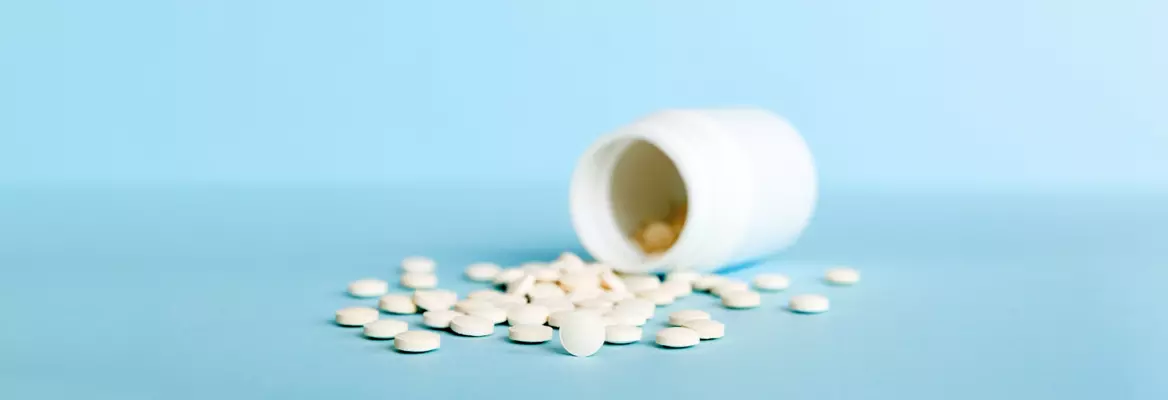

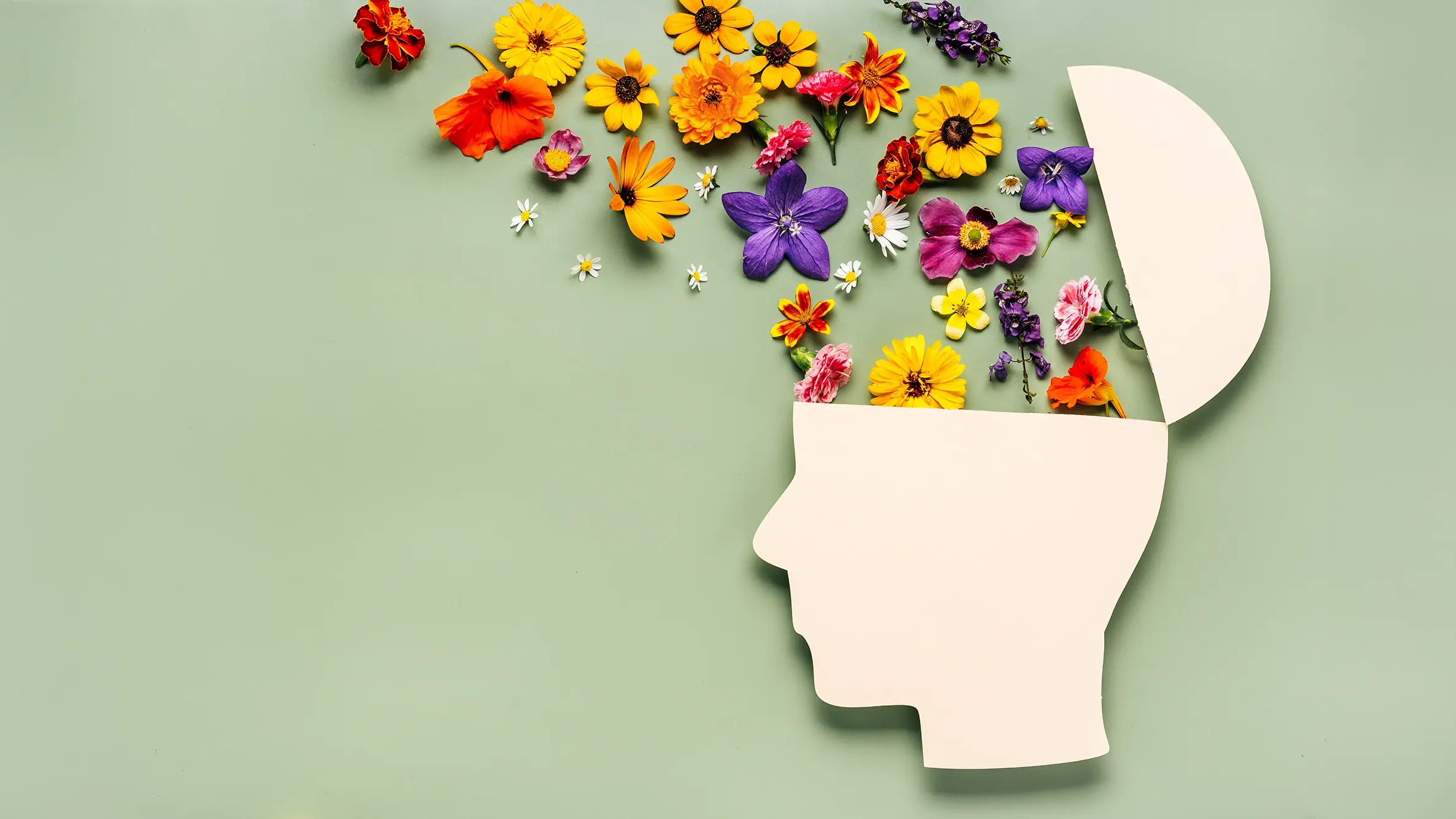

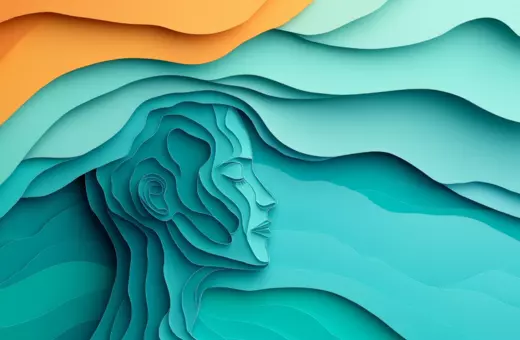
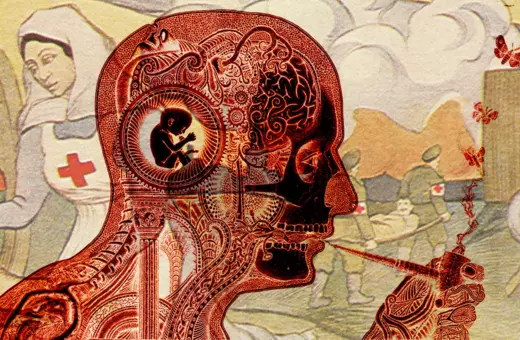
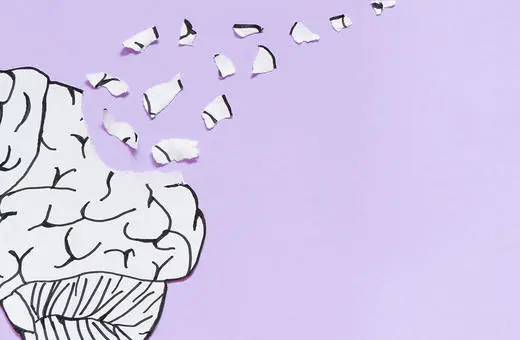

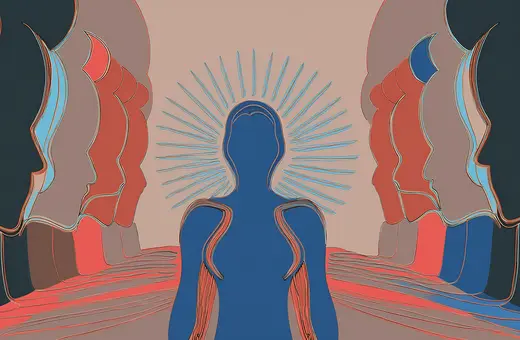
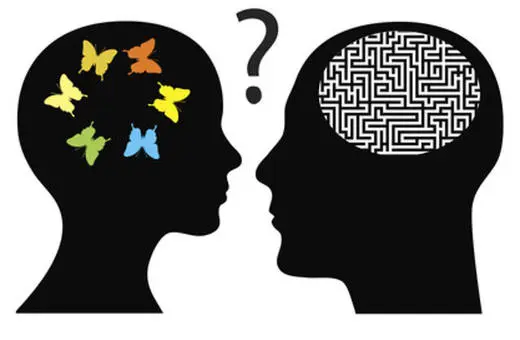
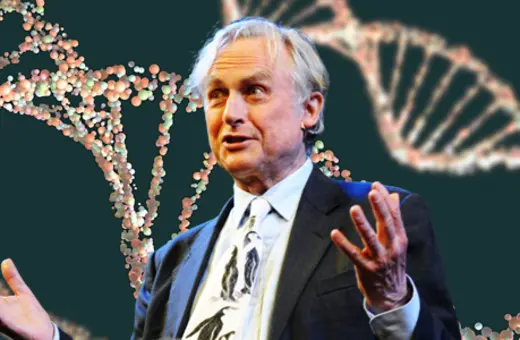
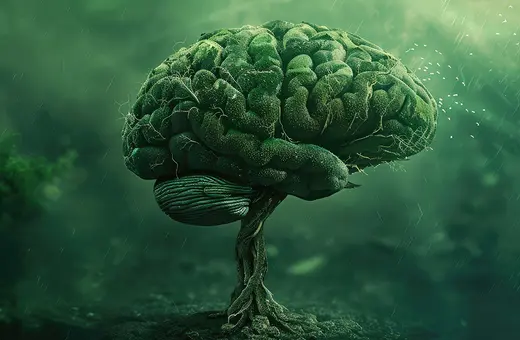

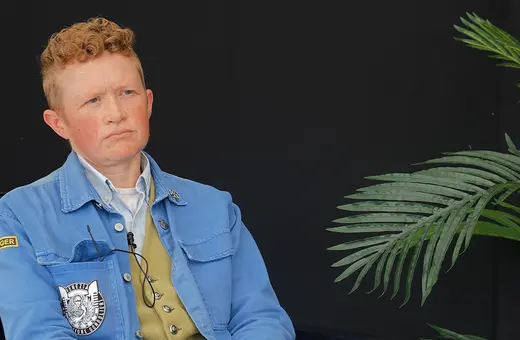

Join the conversation